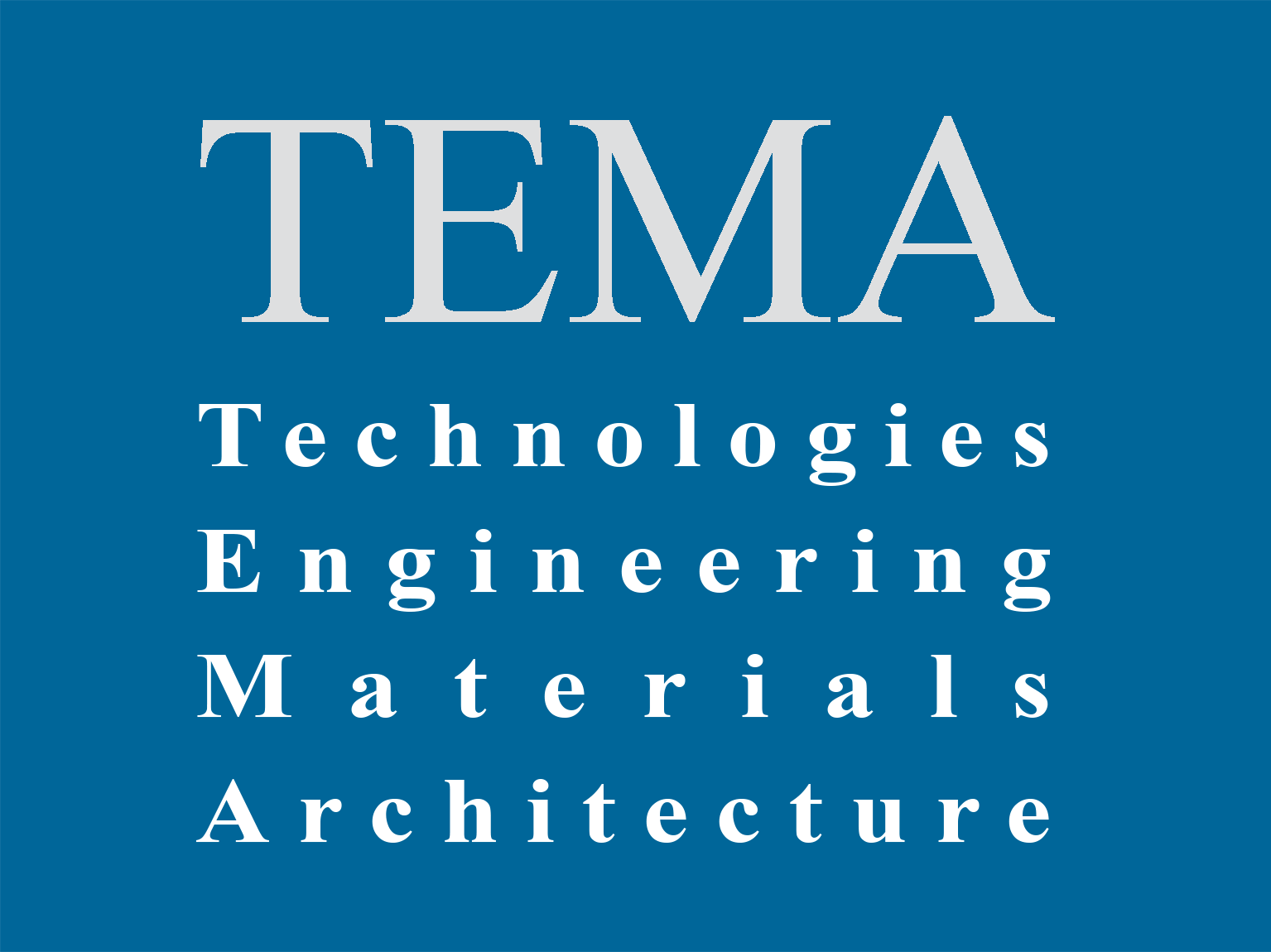Humanity faces global challenges in climate change mitigation, water sustainability, and other areas. In order to address these challenges, radical innovation is needed to accelerate multiple “sustainability transitions” and create dynamism. Transitions research has focused on small niches and scales where empirical analysis can be done effectively. Niches and bottom-up initiatives for low carbon transitions in the built environment can help adjust policies and reconcile grand visions (top-down perspective) with ground implementation experiences (bottom-up perspective). Multiple factors can contribute to the creation of effective policies, and digitalisation and AI/ML applications, in the context of increasing automation, can be an opportunity to create new prosperity in a knowledge-based growth perspective, considering, however, the underlying critical assumptions, limitations and threats. Ten research questions deemed relevant for low carbon transitions from a bottom-up perspective have been proposed to generate multiple hypotheses for field testing.









